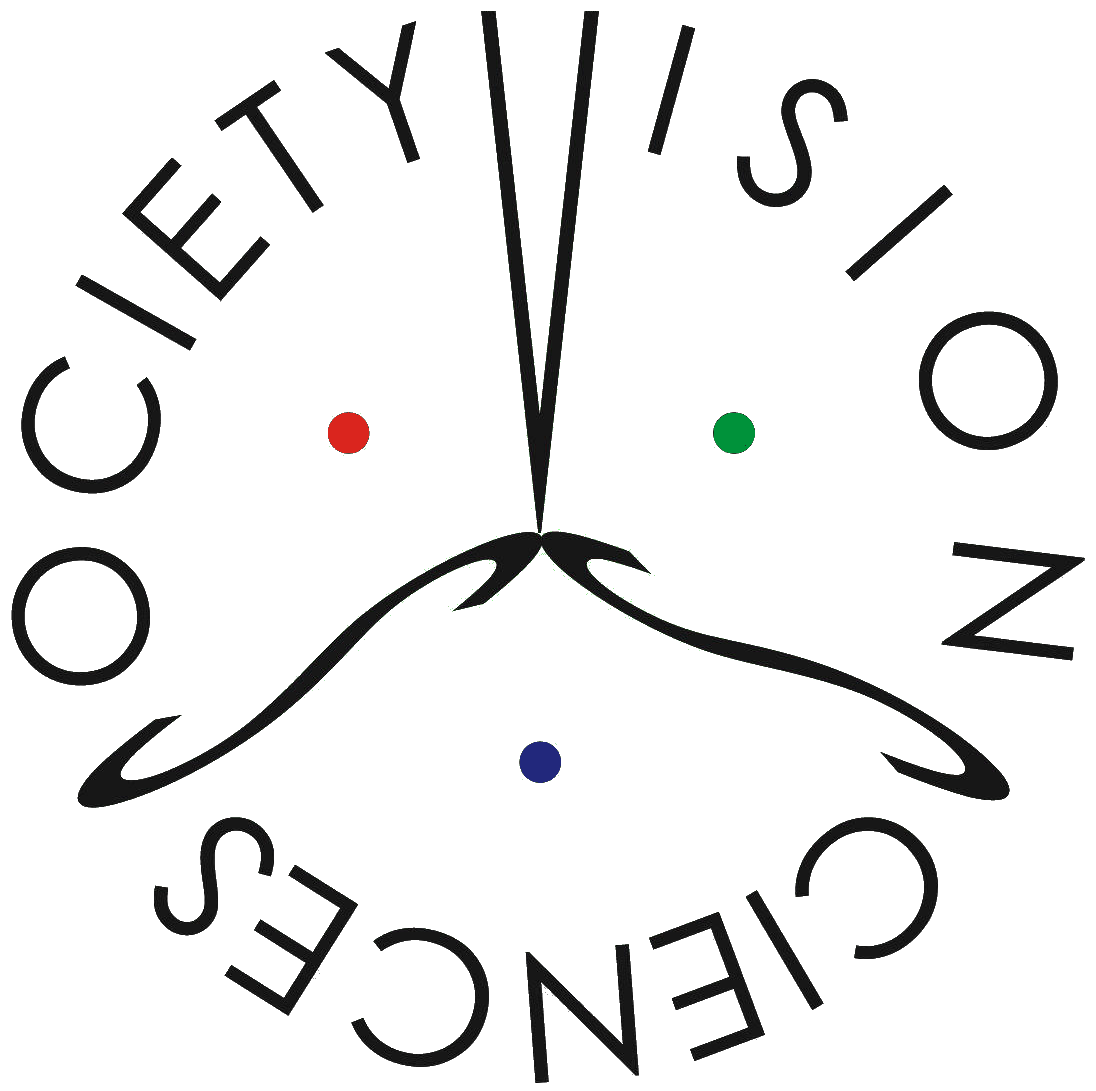Discussions around Diversity, Equity, and Inclusion (DEI) have become commonplace in academia and have resulted in new institutional policies to promote the success of underrepresented populations. But how do we, as a vision science community with various subfields, theoretical constructs, and methodologies, address DEI issues in our research? This symposium provides a critical lens to the history of vision science as a knowledge production process, identify biases and discrepancies in our current methods, and highlight specific solutions to make vision science, as well as our community, more inclusive and impactful.
This is the landing page for our Symposium at the Annual Vision Sciences Society (VSS) Meeting in 2023, where we share our history, goal, and resources discussed or related to our symposium talks.
